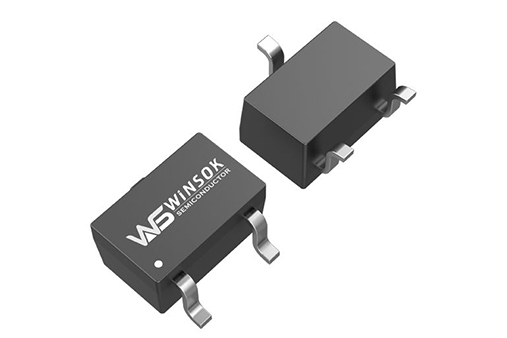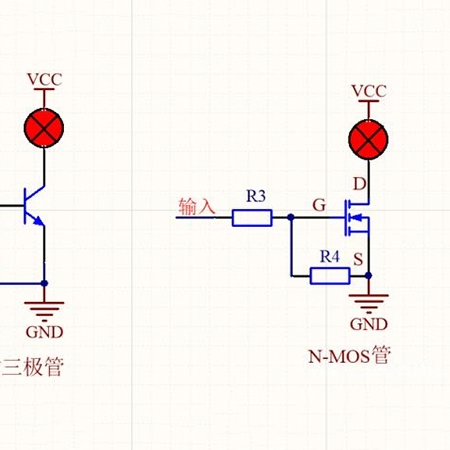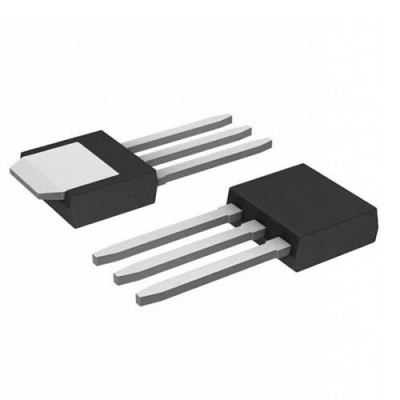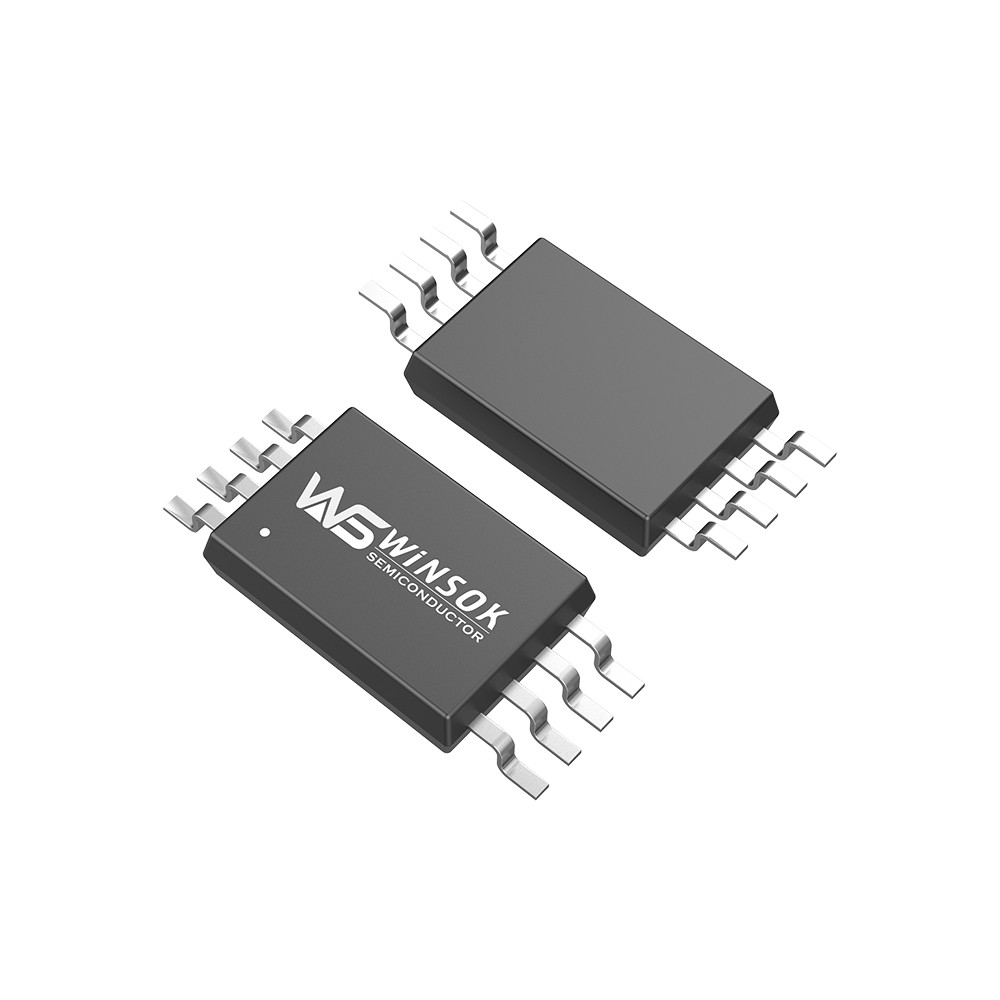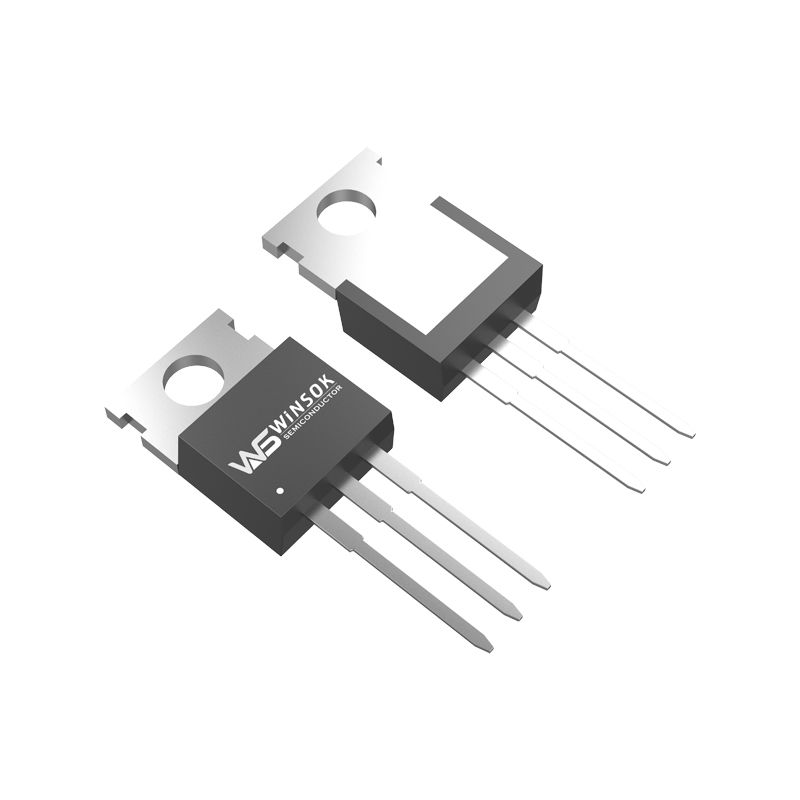The inverter's MOSFETs operate in a switching state and the current flowing through the tubes is very high. If the tube is not properly selected, the driving voltage amplitude is not large enough or the circuit heat dissipation is not good, it may cause the MOSFET to heat up.
1, inverter MOSFET heating is serious, should pay attention to the MOSFET selection
MOSFET in the inverter in the switching state, generally require its drain current as large as possible, on-resistance as small as possible, which can reduce the saturation voltage drop of the tube, thereby reducing the tube since the consumption, reduce the heat.
Check the MOSFET manual, we will find that the higher the withstand voltage value of the MOSFET, the greater its on-resistance, and those with high drain current and low withstand voltage value of the tube, its on-resistance is generally below tens of milliohms.
Assuming a load current of 5A, we choose the inverter commonly used MOSFET RU75N08R and voltage withstand value of 500V 840 can be, their drain current are in 5A or more, but the on-resistance of the two tubes is different, drive the same current, their heat difference is very large. 75N08R on-resistance is only 0.008Ω, while the on-resistance of the 840 is 0.85Ω, when the load current flowing through the tube are 5A, 75N08R tube voltage drop is only 0.04V, at this time, the MOSFET tube consumption is only 0.2W, while the 840 tube voltage drop can be up to 4.25W, the tube consumption is as high as 21.25W. From this it can be seen, the smaller the on-resistance of the inverter's MOSFET is the better, the on-resistance of the tube is large, the tube consumption under high current The on-resistance of the MOSFET of the inverter is as small as possible.
2, the driving circuit of the driving voltage amplitude is not large enough
MOSFET is a voltage control device, if you want to reduce the tube consumption, reduce heat, MOSFET gate drive voltage amplitude should be large enough to drive the pulse edge to be steep and straight, you can reduce the tube voltage drop, reduce tube consumption.
3, MOSFET heat dissipation is not good cause
Inverter MOSFET heating is serious. As the inverter MOSFET energy consumption is large, the work generally requires a large enough external area of the heatsink, and the external heatsink and the MOSFET itself between the heatsink should be in close contact with (generally required to be coated with thermally conductive silicone grease), if the external heatsink is smaller, or the contact with the MOSFET's own heatsink is not close enough, may lead to tube heating.
Inverter MOSFET heating serious there are four reasons for the summary.
MOSFET slight heating is a normal phenomenon, but serious heating, even leading to the tube is burned, there are the following four reasons:
1, the problem of circuit design
Let the MOSFET work in a linear operating state, rather than in the switching circuit state. It is also one of the causes of MOSFET heating. If the N-MOS is doing the switching, the G-level voltage has to be a few V higher than the power supply to be fully on, while the P-MOS is the opposite. Not fully open and the voltage drop is too large resulting in power consumption, the equivalent DC impedance is larger, the voltage drop increases, so U * I also increases, the loss means heat. This is the most avoided error in the design of the circuit.
2, too high a frequency
The main reason is that sometimes the excessive pursuit of volume, resulting in increased frequency, MOSFET losses on the large, so the heat is also increased.
3, not enough thermal design
If the current is too high, the nominal current value of the MOSFET, usually requires good heat dissipation to achieve. So the ID is less than the maximum current, it may also heat up badly, need enough auxiliary heat sink.
4, MOSFET selection is wrong
Wrong judgment of power, MOSFET internal resistance is not fully considered, resulting in increased switching impedance.








